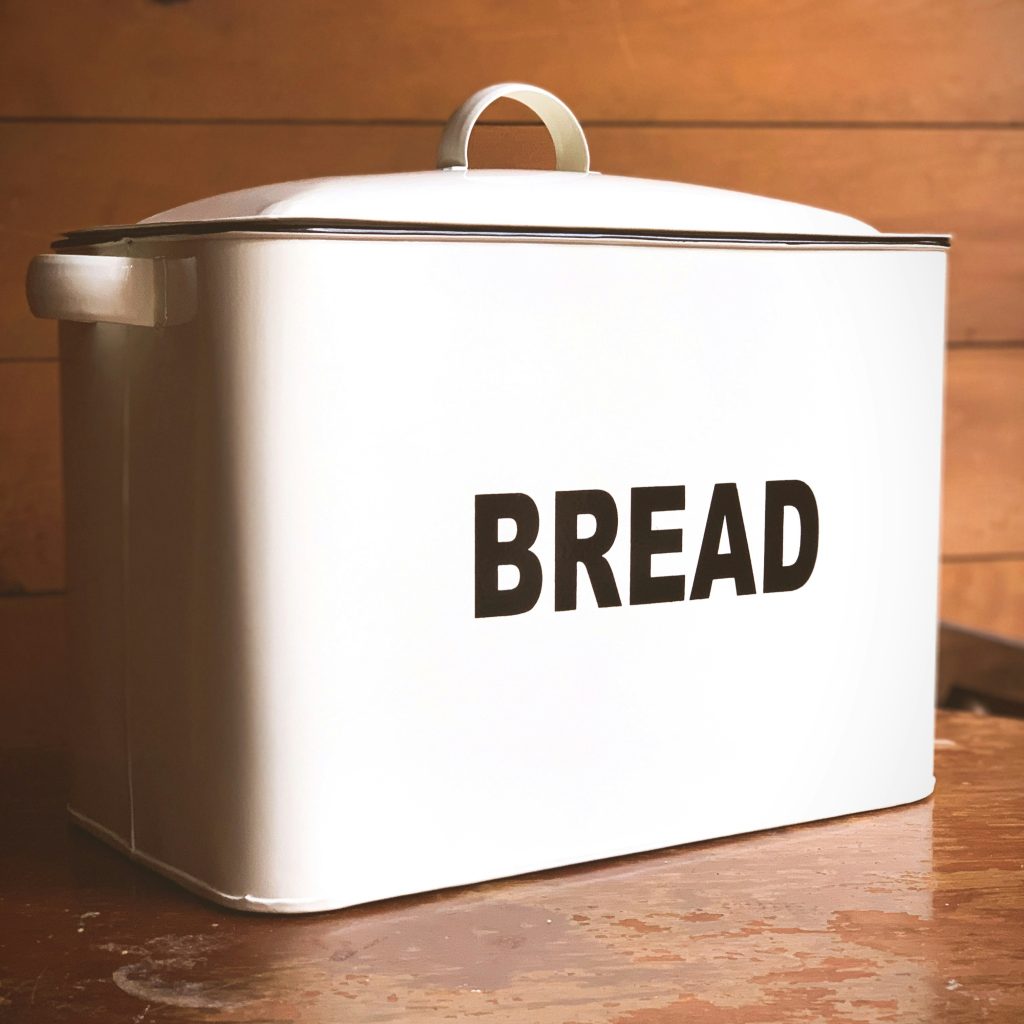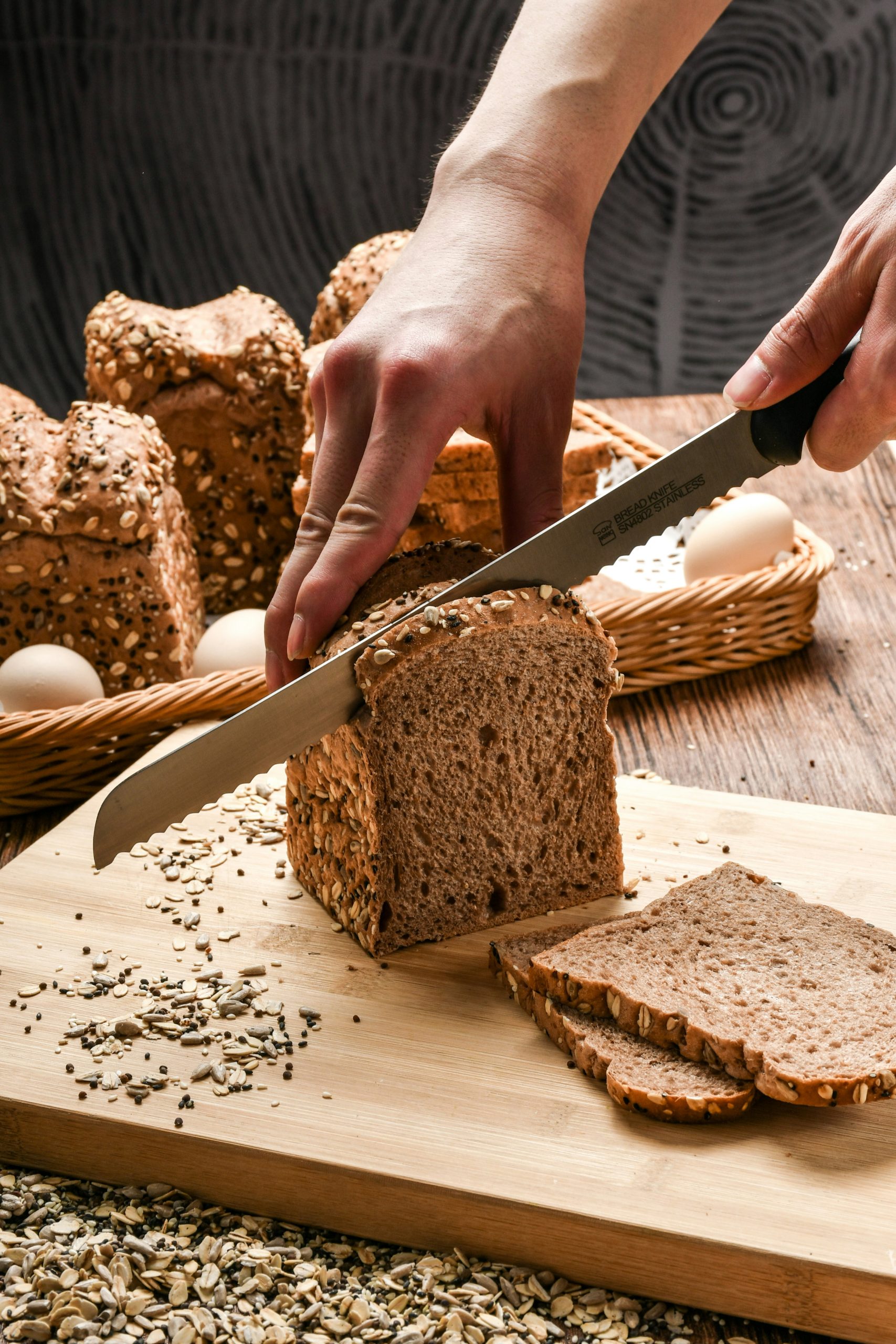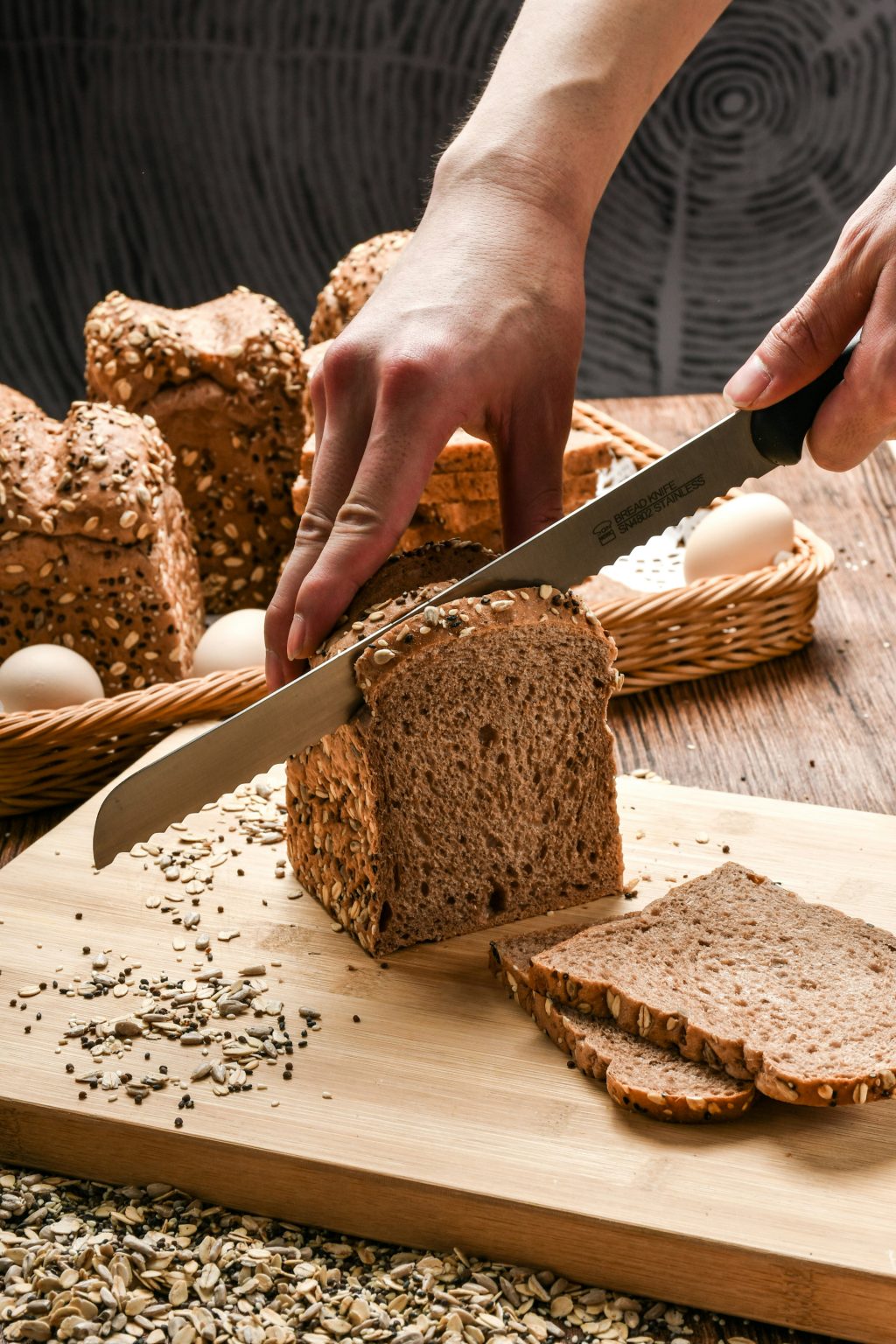

Abstract
Bread is more than food; it symbolizes survival, dignity, and human connection worldwide. Across cultures, it transforms resources into life and challenges us to prevent waste. This article examines bread as a scientific, social, and diplomatic symbol—from its creation process to its role in conflict zones such as Gaza. By exploring bread as nourishment and metaphor, we uncover lessons for building a sustainable, harmonious world where no one is left behind.
Introduction: Bread and Sustainability as a Universal Symbol of Life
When I hear the word BREAD, I immediately think of life itself, not just food. Indeed, bread and sustainability connect deeply: the journey from soil to table demands balance, careful water use, energy, and human effort. Moreover, bread transcends a meal; it communicates dignity and human connection. To have bread is to live, and to share bread is to foster peace.
Each loaf reflects time, labor, and nature’s generosity. Therefore, wasting bread destroys these resources and human dignity silently. In this way, bread teaches prevention at every step, a mindset applicable to sustainability and responsible living.
Bread and Sustainability: Preventing Waste Before It Is Born
Bread challenges us to confront five forms of waste:
- Physical waste: discarded matter filling landfills.
- Social waste: exclusion of human potential from meaningful participation.
- Urban waste: empty buildings while others lack shelter.
- Process waste: systems that consume without serving efficiently.
- The waste of time: the only resource that, once lost, cannot be recovered.
All five connect, but the most urgent is wasting time. By addressing time first, we strengthen bread and sustainability efforts and prompt ourselves to act efficiently and responsibly.
Bread and Peace in Gaza: Sustainability, Dignity, and Food as Diplomacy
In Gaza, or any conflict zone, hunger signals more than a lack of food—it reflects the collapse of dignity. However, when people share bread, even in scarcity, they offer a gesture of peace.
Here, bread and sustainability combine with human dignity and diplomacy. True peace arises not merely from silenced guns but also from the presence of bread, respect for resources, and renewed hope.
Ensuring Access to Bread: Equity, Efficiency, and Empathy in Sustainable Food Systems
Societies secure bread access by applying three guiding principles:
- Equity – distribute resources fairly.
- Efficiency – avoid unnecessary waste.
- Empathy – recognize that food is a human right, not just a commodity.
In addition, these principles guarantee that bread and sustainability reach every table, fostering harmony and fairness.
Bread as a Universal Symbol Across Cultures: From Maize to Rice to Cassava
Different cultures consume various staples: rice in Asia, maize in Africa, cassava in Latin America. Still, bread and sustainability serve as universal symbols sustaining life. Although the form may change, the meaning—dignity, unity, and survival—remains constant.
Conclusion: Bread, Sustainability, and the Future of Humanity
Bread reflects humanity’s respect for resources, people, and time. Consequently, respecting bread means respecting life; wasting it means wasting humanity.
In a world burdened by inequality, waste, and conflict, bread and sustainability urge us to harmonize nature, humanity, and resources. Ultimately, sharing bread can become the foundation of peace and a future where no one is left behind.
📌 Learn More:
If you want to explore how Industry 5.0 helps prevent resource waste and promotes sustainable systems, read this article:
👉 https://www.digest.tz/industry-5-0-waste-prevention/

